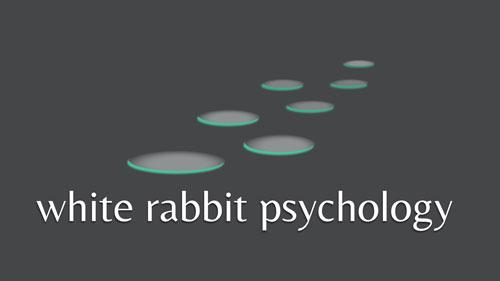White Rabbit Psychology Services
Adult and Older Adult Mental Health Services
I have several special interest areas including working with adults and older adults experiencing:
- Depression, anxiety and other mood disorders
- Grief and loss, including anticipatory grief
- Adjustment to mental and physical health diagnoses
- Adjustment to life transitions
- Chronic disease and pain management
- Prevention of carer strain and burnout
One of my aims is to help improve the mental wellbeing of people who have chronic health conditions that impact on their mood and ability to live the life they want.
I also would like to work with people who are experiencing cognitive symptoms, to tease out what might be causing the symptoms and assist them to enhance joy and meaning in daily life. Providing support during a person’s diagnostic process, which can be lengthy, as well as adjustment following diagnosis, are areas that are often neglected.
With a special interest in dementia over the past 20+ years, I have worked with thousands of people who care for loved ones living with dementia. Investing in the education and care of those serving in caring roles is a mission close to my heart. Typically, carers will look after themselves last, which puts them at great risk of strain and burnout. This has considerable impact on their own mental and physical health, and can result in unwanted outcomes for the person they are looking after.
Dementia Specific Services
People living with dementia and their families are encouraged to first access dementia-specific services via the public health system, Dementia Australia and Dementia Services Australia. On request, Alison is able to create cognitively-informed comprehensive care plans tailored specifically to an individual and their family.
Dementia Specific Services offered by Alison include:-
- Adjustment to diagnosis – emotional, functional and practical adjustments.
- Adjustment to the diagnosis of a loved one.
- Adjustment to the role of caregiver.
- Cognitive and psychological screening and assessment to better inform person-centred care plans.
- Creating person-centred care plans informed by the individual’s cognitive profile as well as other personal, relational and contextual factors.
- Teaching and training in techniques and strategies to reduce symptoms, including changes in behaviours. Often interventions involve teaching caregivers different ways to approach communications, activities and tasks.
- Recommendations, guidance and support to secure appropriate support pathways for those who are under age 65 (NDIS pathways) and those 65 and over (Aged Care pathways).
- Assessment of decision-making capacity. Should a formal Capacity Assessment be required, there are several considerations as to whether the assessment can be conducted privately or whether it is eligible to be performed via public health services. Considerations including purpose, cost and consent would be explored prior to any assessment being agreed to be undertaken. I have many years of experience submitting reports to the Queensland Civil and Administrative Tribunal (QCAT).
There are many medical conditions that can create cognitive symptoms and mimic dementia. These are sometimes treatable, so it is important to see a medical doctor first if you are experiencing symptoms without a diagnosis. The recent Royal Commission into Aged Care has identified that lack of quality post-diagnostic supports is a nation-wide problem for people receiving a diagnosis of dementia and their loved ones. General post-diagnostic supports can be sought via Dementia Australia and practical community supports can be accessed via My Aged Care Portal. Optimally, supports are also delivered by multiple disciplines (medical, nursing and allied health clinicians).
If you have already used existing supports, or are finding barriers to accessing or benefiting from those supports, seeking one-on-one support may be the next step. Every person living with dementia is different, with different symptoms and circumstances. I have extensive experience in assessing the cognitive and psychological symptoms of the many different types of dementia and in using these assessments to develop individual cognitive profiles.
Clinical Supervision
Alison maintains Psychology Board of Australia approved status as a supervisor. She is specifically interested in offering clinical supervision to psychologists and colleagues of other disciplines who are planning on, or are already offering, older persons and dementia-specific services.
Dementia Consultant
Alison is passionate about building the skills and confidence of the community and residential aged care workforces who are looking after people living with dementia. She strongly encourages everyone to undergo foundational dementia training offered for free via several national organisations. She recommends Dementia Australia, Dementia Training Australia, Forward with Dementia and University of Tasmania Wicking Dementia Research and Education Centre.
Foundational knowledge can be translated into everyday application of strategies and techniques to ensure that the person living with dementia lives their best life. As an experienced dementia consultant, Alison can facilitate small group supervision and training sessions for community and residential aged care teams to receive timely, relevant and context-specific supervision.

